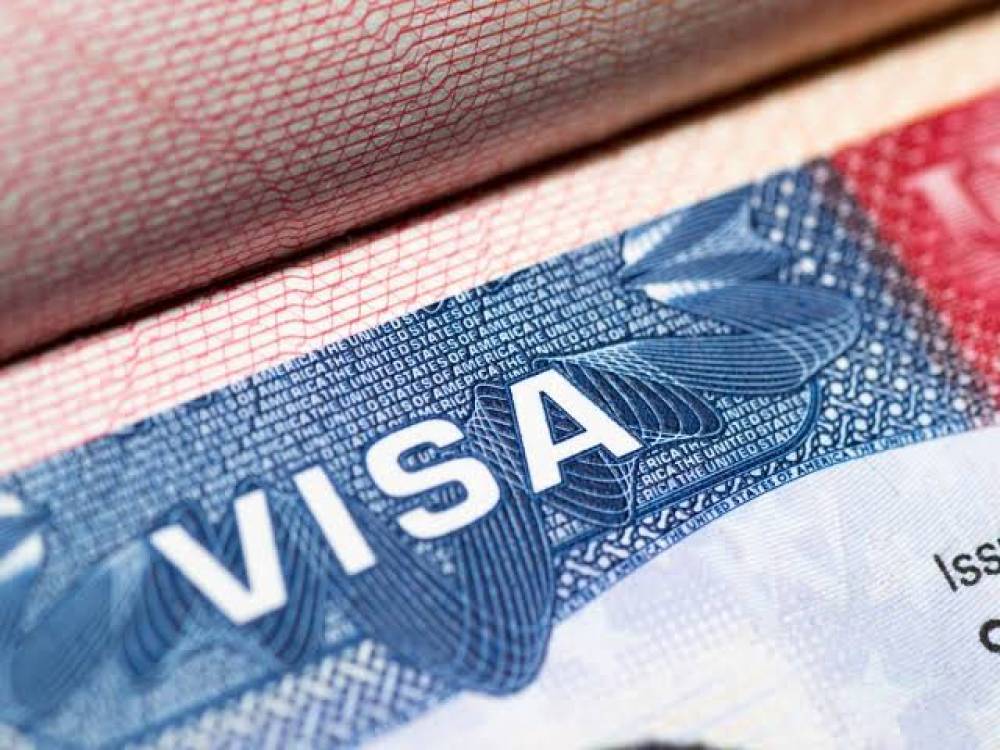
In a development causing widespread anxiety among international students, especially the Indian diaspora, a proposed bill in the United States Congress seeks to dismantle the Optional Practical Training (OPT) program — a crucial work authorization initiative that allows foreign students to gain practical experience in their field of study after graduation.
According to The Economic Times, this potential policy shift could impact over 300,000 Indian students, who form the largest group of OPT participants in the US. The move has triggered alarm bells within the Indian community and academic institutions, as students scramble to understand the implications on their futures.
The OPT program is especially vital for students pursuing courses in science, technology, engineering, and mathematics (STEM). It allows them to remain in the US for up to three years post-graduation, contributing their skills to the American workforce.
As per the Open Doors 2024 report, 97,556 Indian students participated in the OPT program during the 2023-2024 academic year — a staggering 41% increase from the previous year. Many of these students rely on the OPT period not only to gain work experience but also to repay significant student loans.
Should the bill pass, thousands of Indian students may be forced to leave the country immediately after graduation, severely disrupting their career trajectories. The sudden policy shift could also deter future students from choosing the US as a study destination, pushing them toward countries like Canada, the UK, and Germany, which offer more favourable post-study work options.
“The OPT allows students to find jobs in the US for one year after they graduate and may be extended for another two years provided you are a STEM graduate and are working with a qualified US employer,” said Poorvi Chothani, founder of the immigration law firm LawQuest. “Its termination would be a devastating blow to many young professionals,” she added.
In anticipation of the policy change, international students currently on F-1 and M-1 visas are urgently applying for full-time positions in hopes of transitioning to the highly sought-after H-1B visa. However, the H-1B program is notoriously competitive, with limited slots and a lottery-based selection process.
Large Indian and American tech companies are being inundated with applications as students race against time to secure job offers that could support an H-1B application before the legislation is enacted.
Amid the uncertainty, several students have canceled their summer travel plans to India and other home countries, fearing they may not be allowed re-entry into the US. Elite institutions including Cornell, Columbia, and Yale have unofficially advised their overseas students to remain in the country over the summer break.
The proposed legislation is being viewed as part of a broader anti-immigrant policy wave under the current US administration. With mass deportations and tighter visa norms becoming central to Donald Trump's campaign rhetoric, visa holders and international students are finding themselves increasingly unwelcome.
US universities are bracing for a potential decline in international enrollments, a key source of revenue and cultural diversity. Experts warn that if the bill is passed, it could severely impact the US’s global standing as a premier destination for higher education.